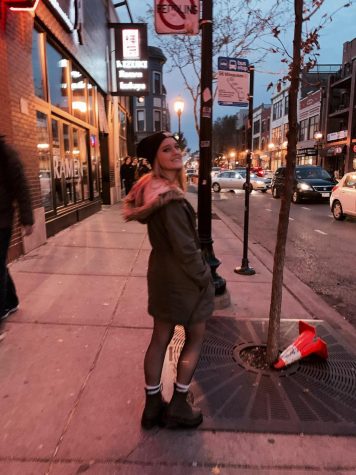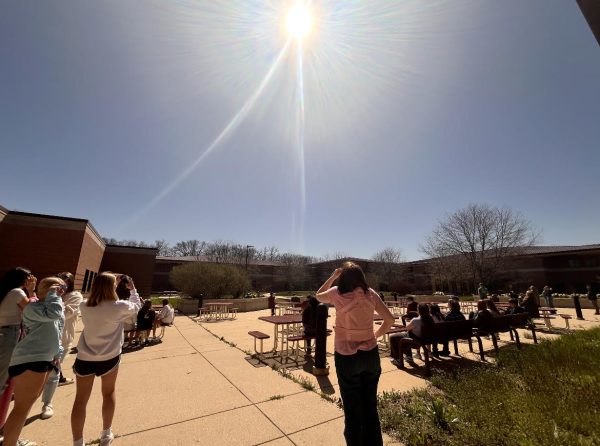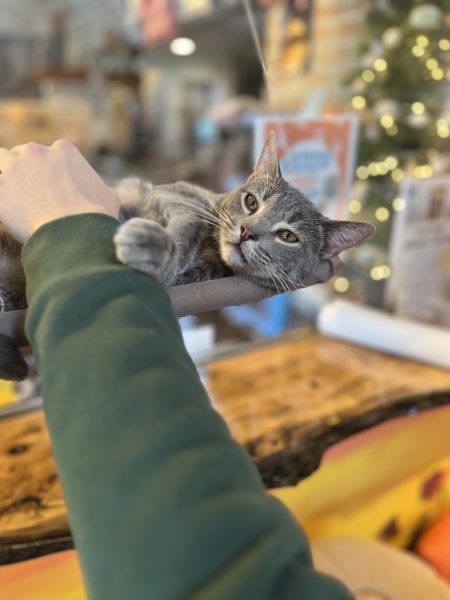Homeless Individuals are Now Able to Get the Covid Vaccine
Homeless Americans at a higher risk of contracting Covid not considered a priority. With increasing supply, they can get the vaccine.
April 29, 2021
As supply increases, homeless Americans and other Americans not considered a ‘priority’ are able to get the vaccine varying on the state.
Poor shelter conditions with crowding, unsanitary measures, and poor individual health conditions make homeless individuals at a greater risk of contracting Covid and having complications possibly leading to death. Homelessness can cut 20-30 years off of their life before the pandemic, which should have made them a priority to begin with. They lack essentials like soap, sanitizers, and the ability to social distance which continues the spread of Covid. They also lack the ability to get free medical help if they do get Covid.
“I think it’s tragic that we have increasing unsheltered numbers,” said Nan Roman, president and CEO of the National Alliance to End Homelessness. “We know that unsheltered people have horrible health conditions,” Roman noted that these individuals are much more susceptible to disease and premature death than those living inside.
Even pre-pandemic, homelessness was on the rise, but the worldwide Covid pandemic has greatly impacted lives and caused homeless numbers to increase. Outbreaks among homeless Americans and in homeless shelters have been documented in Boston, San Francisco, and Seattle. According to a 2020 count, California has the highest count of homeless individuals with roughly 161,548 people homeless. A quarter of all homeless individuals in the United States were living in either New York City or Los Angeles. As of 2018, there were 553,000 people living homeless, as of 2019, there were 567,715, and as of 2020, there were an estimated 580,466 people living homeless. Homeless statistics aren’t always accurate considering homeless individuals are hard to track and homeless analytics have been put on hold during the pandemic. With the pandemic, increasing unemployment, and permanent housing, interventions have grown by 450% in 5 years.
Despite the rise of homelessness in the past few years, homeless Americans are now able to get the Covid vaccine to protect themselves and others around them. Many live in shelters which are difficult to enforce social distancing and covid measures. Others live on the streets with no protection, unsanitary living conditions, and are constantly exposed to Covid which makes them extremely vulnerable to contracting the disease. However, The Centers for Disease Control and Prevention this month urged vaccination at soup kitchens and shelters. Other services like local health services and mobile homeless clinics are reaching out to the homeless to urge them to get vaccinated.
Because the homeless population is hard to connect to and contact, it makes it difficult to inform individuals that they can get the vaccine. Another factor that makes this very difficult is that the Johnson and Johnson dose of the vaccination is being investigated for causing blood clots. The investigation has put homeless vaccinations on a temporary hold forcing organizations to lean towards other events and vaccines.
CEO of the National Health Care for the Homeless Council, Bobby Watts, has expressed his concern that the temporary hold on the Johnson and Johnson vaccine will make people hesitant to get the vaccine.
Watts told The Daily Herald, “Assuming it is ultimately found to be safe and effective, it will be harder to convince people – especially people experiencing homelessness – that it is safe.”
Despite the temporary setback with vaccinations, it is exciting to see the vaccine supply increase which makes it available to almost all Americans. Hopefully with the vaccine being this readily available, Covid numbers will drastically decrease and life can get close to the way it was pre-pandemic.





